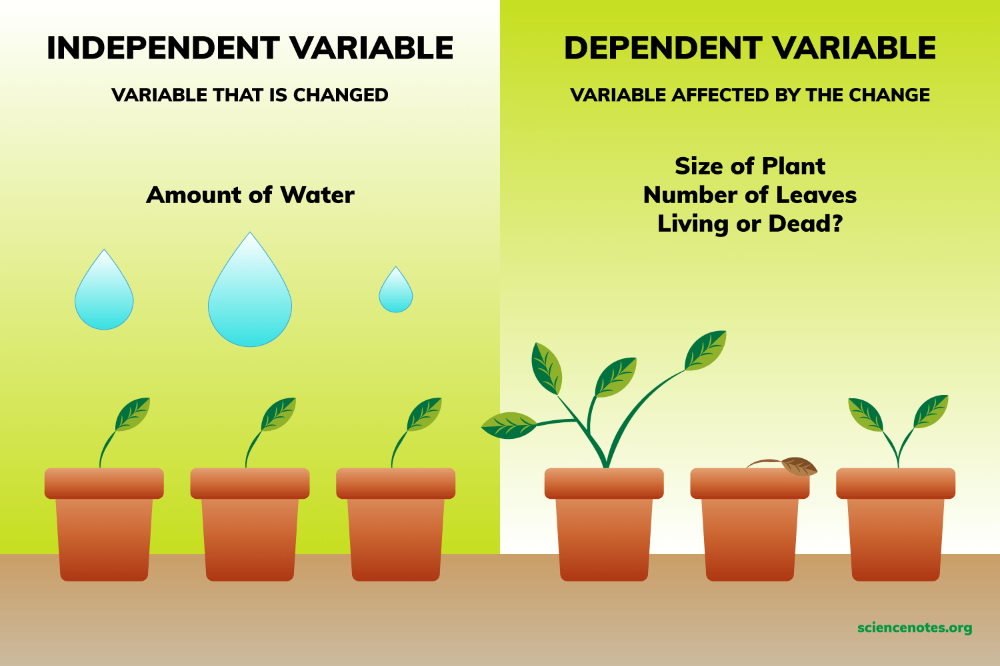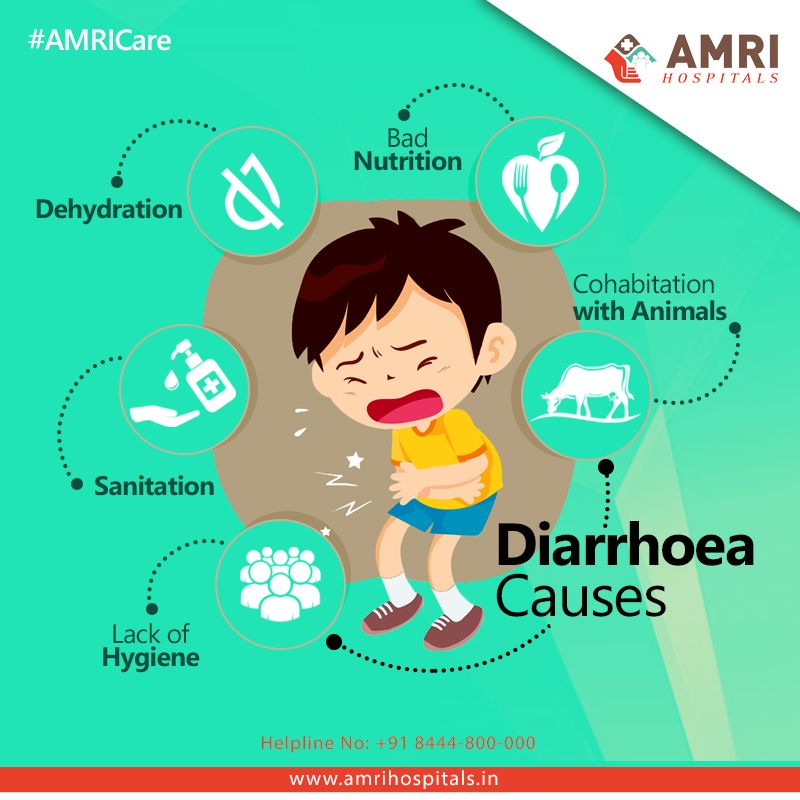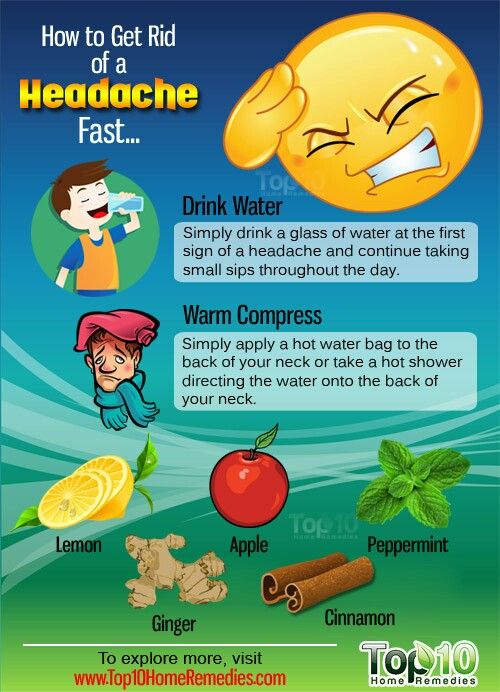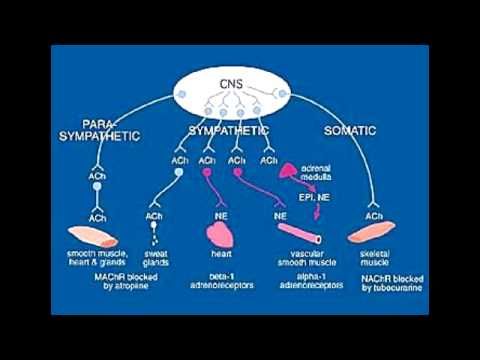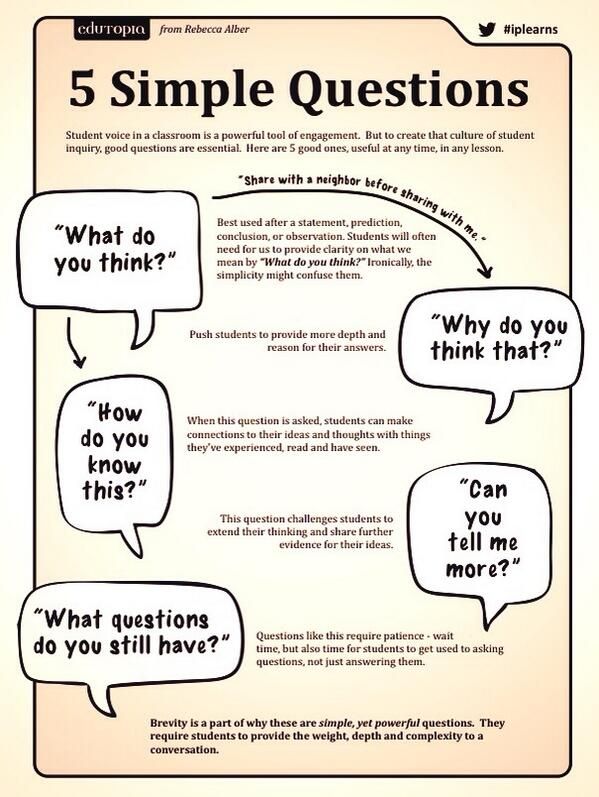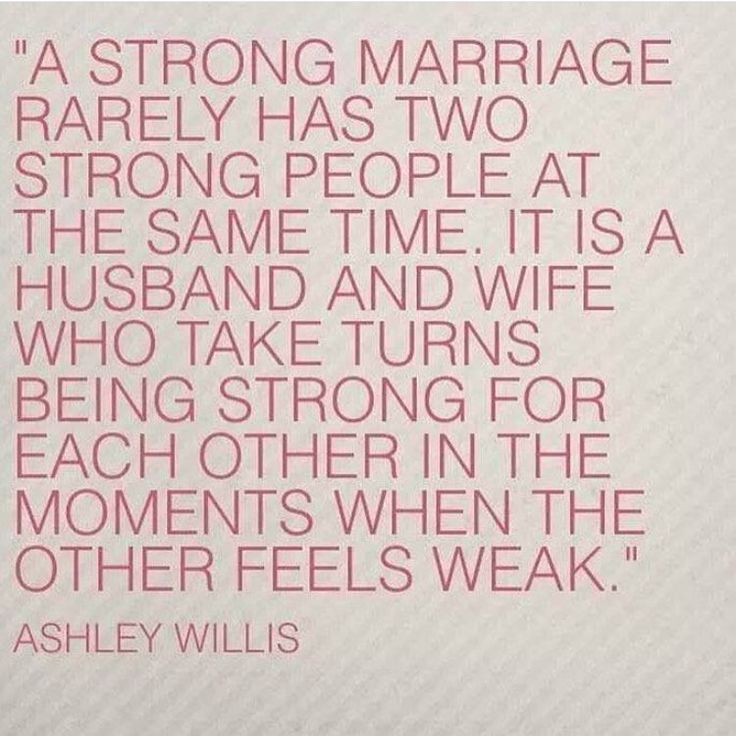Independent and autonomous
What is the Difference Between Autonomous and Independent
August 11, 2021
by Hasa
4 min read
The main difference between autonomous and independent is that autonomous refers to self-governance while independent refers to not being dependent on anyone.
We use the two adjectives autonomous and independent to describe both individuals and countries. In fact, these two adjectives stem from the nouns, autonomy and independence, respectively. Furthermore, they are very closely related, and sometimes we use these two adjectives together.
Key Areas Covered
1. What Does Autonomous Mean
– Definition, Features
2. What Does Independent Mean
– Definition, Features
3. Difference Between Autonomous and Independent
– Comparison of Key Differences
Key Terms
Autonomous, Independent
What Does Autonomous Mean
In brief, autonomous is the adjective form of the noun autonomy and refers to an individual’s or a region’s ability to act on one’s own. Autonomy can refer to either an individual’s ability to live according to his own values or interests or a country’s or region’s ability to govern itself. In fact, autonomy comes from the Greek words meaning self-governance or self-legislation.
When considering an individual’s autonomy, it is understood to describe the ability to live one’s life according to one’s own reasons and motives and not be manipulated or forced by external forces. In simple words, this refers to living on one’s own terms and becoming one’s own person. Moreover, to be autonomous, one needs to have a sense of self-respect and self-worth. One also needs a good understanding of one’s own skills and attitudes.
Let’s look at some example sentences containing the adjective autonomous to understand its meaning more clearly.
The school board is legally autonomous.
Each tribe under its chief was autonomous.
In a patriarchal society, men fear autonomous women.
What Does Independent Mean
The adjective independent means free from outside control and not subject to someone else’s authority, be it an individual, a group of people, or an organization.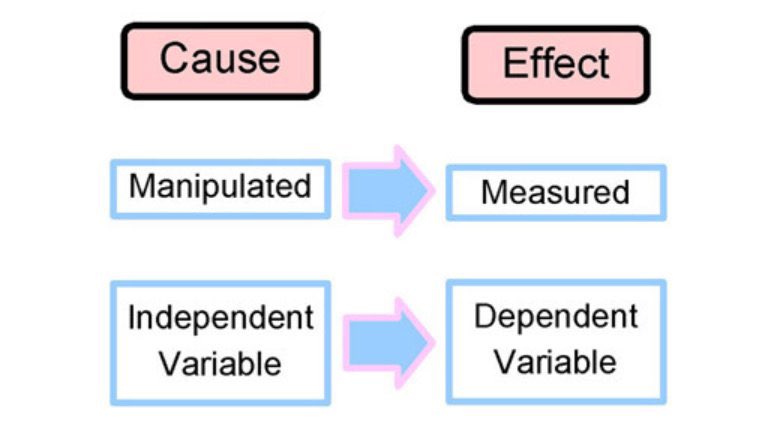 We use the adjective independence to talk about both individuals and countries/nations. When referring to an individual, independence usually means taking one’s own decisions and not depending on another for livelihood. When referring to a country, independence means a country’s ability to self-govern, especially in the context of colonization and nation-states.
We use the adjective independence to talk about both individuals and countries/nations. When referring to an individual, independence usually means taking one’s own decisions and not depending on another for livelihood. When referring to a country, independence means a country’s ability to self-govern, especially in the context of colonization and nation-states.
Let’s look at some example sentences containing the adjective independent to understand its meaning more clearly.
The incident was investigated by an independent medical committee.
Sri Lanka became independent in 1948.
Ms Foster was a woman of independent means.
She is smart, efficient, strong, and independent.
Relationship Between Autonomous and Independent
- These two adjectives are very closely related, and sometimes we even use these two adjectives together.
- Both basically refer to being free of external influences and the ability to take one’s own decisions.
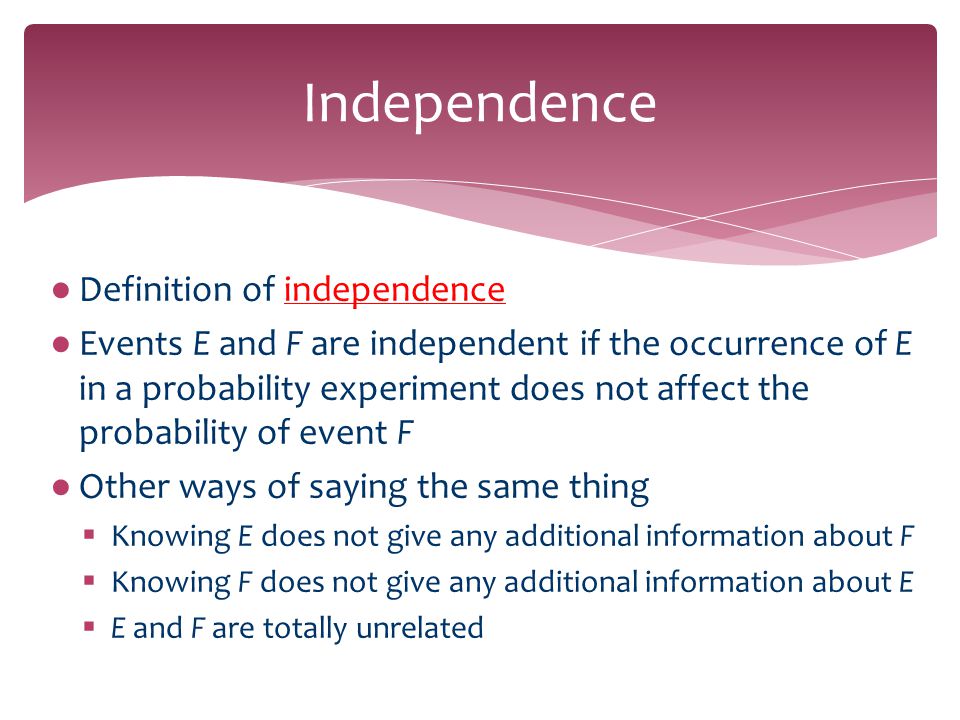
Difference Between Autonomous and Independent
Definition
Autonomous is the adjective form of the noun autonomy and refers to an individual’s or a region’s ability to act on one’s own or govern oneself, while the adjective independent refers to being free from outside control and not subject to someone else’s authority.
Nature
Moreover, autonomous refers to self-governance, while independent refers to not being dependent on anyone.
Individuals
When referring to individuals, autonomy means the ability to live one’s life according to one’s own term, whereas independence can also refer to taking one’s own decisions and not depending on another for livelihood.
Conclusion
Autonomous is the adjective form of the noun autonomy and refers to an individual’s or a region’s ability to act on one’s own or govern oneself. The adjective independent, on the other hand, refers to being free from outside control and not subject to someone else’s authority.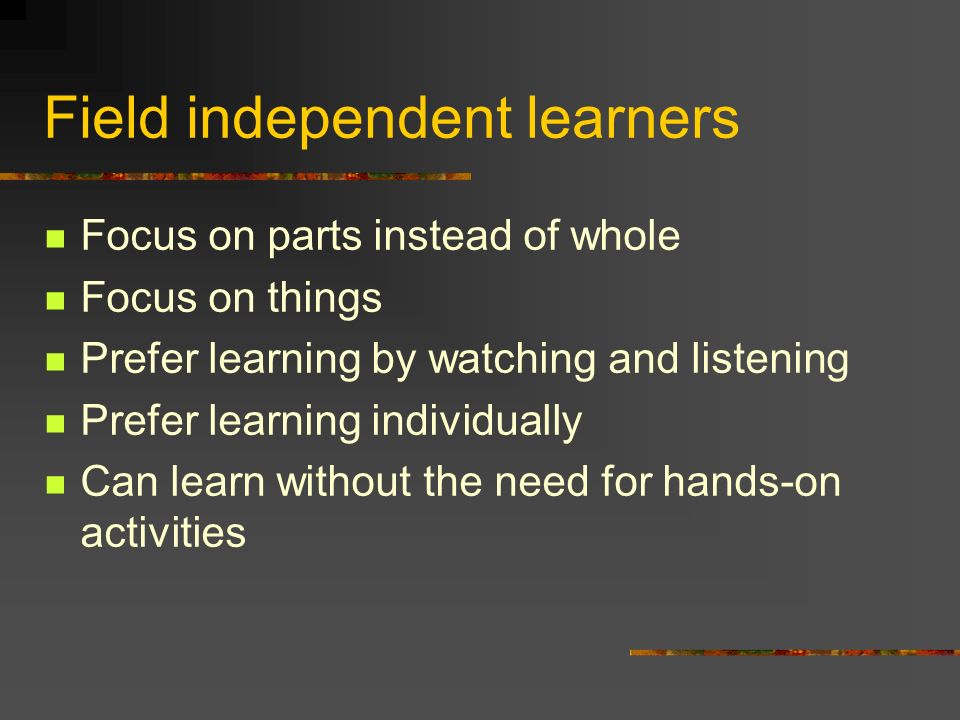 The main difference between autonomous and independent is that autonomous refers to self-governance while independent refers to not being dependent on anyone.
The main difference between autonomous and independent is that autonomous refers to self-governance while independent refers to not being dependent on anyone.
Reference:
1.“What Is Autonomy and Why Does It Matter?” I Family.
Image Courtesy:
1. “Autonomy-hands-care-protection-298474” (CC0) via Pixabay
2. “Independent” By Nick Youngson (CC BY-SA 3.0) via The Blue Diamond Gallery
About the Author: Hasa
Hasa has a BA degree in English, French and Translation studies. She is currently reading for a Masters degree in English. Her areas of interests include literature, language, linguistics and also food.
View all posts
You May Also Like These
The Difference Between Autonomy and Independence
Explainers
Individuals and teams crave the ability to execute their work without interference or complication. So instead of isolating, what should a division do when they feel their competence, relatedness, and/or their autonomy threatened?
6 min read February 6, 2019
Years ago, we were onsite at a Fortune 500 interviewing the head of HR when we had an exchange I’ll never forget.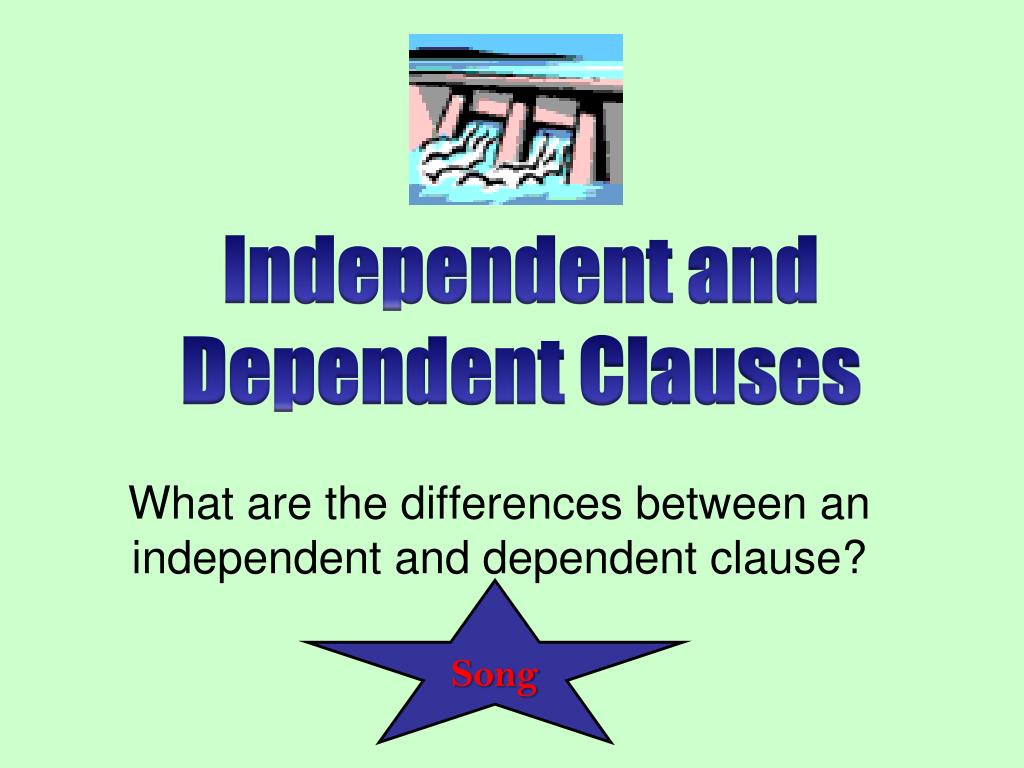
Us: What are your hopes for the HR department and what’s in the way?
Her: I have a lot of hopes, but we’ll never get there with people coming to us all day with their problems.
If I had been drinking water, I would have given back an epic spit-take. This was the head of HR lamenting that people came to her department with their people problems. At the time, I was struck that this attitude felt selfish and self-indulgent. Why else did HR exist, if not to serve others? She wasn’t my client, she was my client’s partner in the business, but if she had been my client I wasn’t sure how I would have helped her think differently about her work or in turn, helped her teams collaborate better across the organization.
But in the last few years we’ve worked with many, many shared service groups like HR (and legal, finance, IT, etc.) and I’ve come to understand her frustrations a bit better. I still don’t agree with her sentiment, but I have a deeper understanding of where it comes from and maybe, just maybe how to help.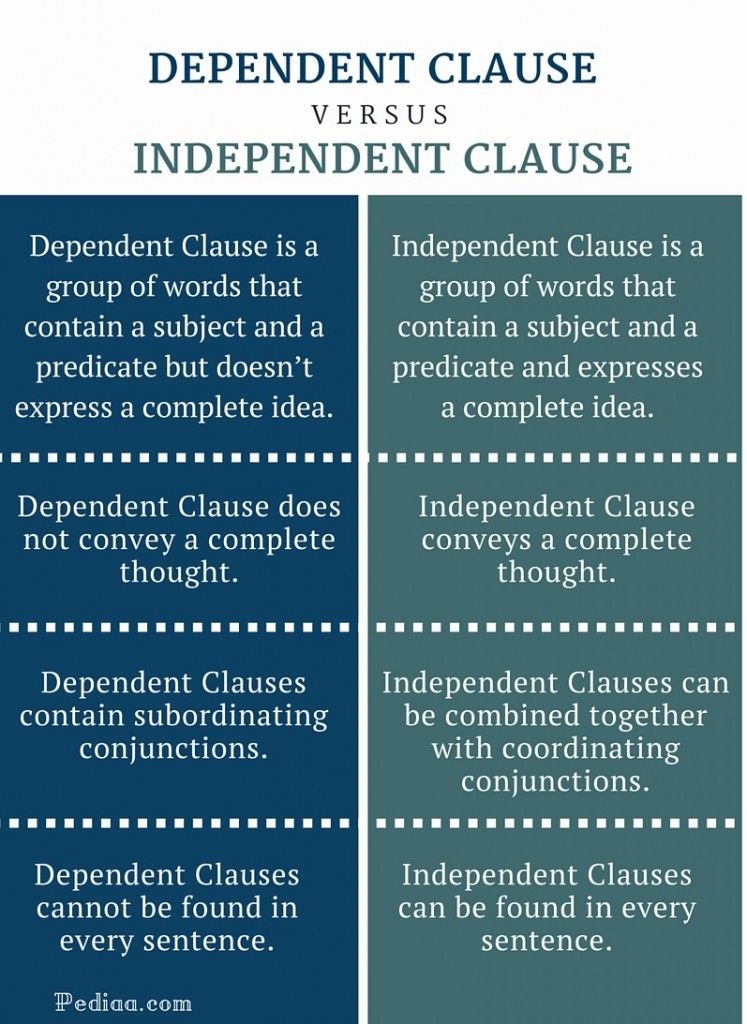
There’s an enduring idea in psychology called the theory of self-determination. It posits that we human beings have three innate needs: autonomy, relatedness, and competence. We want to achieve mastery in what we do. We want to belong. And we want to have control over our own lives and be our true selves.
When that head of HR complained to us, she was feeling both her competence and autonomy threatened.
She must have felt as though she and her teams had become ticket-takers rather than strategic partners, so they weren’t able to exercise their full abilities. They couldn’t achieve mastery.
Because those requests were piling up, she must have felt that her teams would never get to the work they had designed for themselves. How can you be autonomous if you simply have no time to exercise your free will?
Lastly, her sentiment must have also been the product of a lack of relatedness. You really start to feel your autonomy threatened when your values and the values of the actions you’re asked to take differ greatly. And a lack of shared values also contributes to a lack of relatedness. How can you feel a sense of belonging when your values don’t match up?
And a lack of shared values also contributes to a lack of relatedness. How can you feel a sense of belonging when your values don’t match up?
So, her extreme views were the product of extreme pressures. If human beings really do have these three needs, she wasn’t getting any of those needs met at work.
When leaders and departments suffer in this way, we tend to see them retreat into themselves. They fortify the walls of their silos and shutter their windows of access. They begin limiting their interactions with other groups, sometimes even adopting a reflexive “No” to every incoming request for support. Leaders may start demanding that all asks be escalated to the top of the silo even before they can be genuinely heard. Because of this, these groups do regain some sense of autonomy but it’s a toxic kind of autonomy. Eventually, these fortresses of “No’s” topple. Either because the organization refuses to be ignored or worse, the entire business stumbles because so many of its groups are behaving in this way.
Autonomy isn’t the same as independence. The two are quite different. In the theory of self-determination, autonomy means that you have free will and that you can stand behind your actions and their values. In other words, no one is forcing you to do something you disagree with. Independence means you don’t need or accept help, resources, or care from others. You function without others. Spot the difference? Autonomy doesn’t even require independence. You can absolutely be autonomous AND dependent on others for help and support. You can act in accordance to your beliefs, with free will, and still exchange support and care.
The world is more connected and therefore more interdependent. Our products, largely because of technology, require increasing coordination and faster, more effective collaboration. Pure independence is simply impossible in the 21st century. Fortresses of “no’s” are unsustainable.
So instead of isolating, what should a division do when they feel their competence, relatedness, and/or their autonomy threatened?
- First, identify your customers.
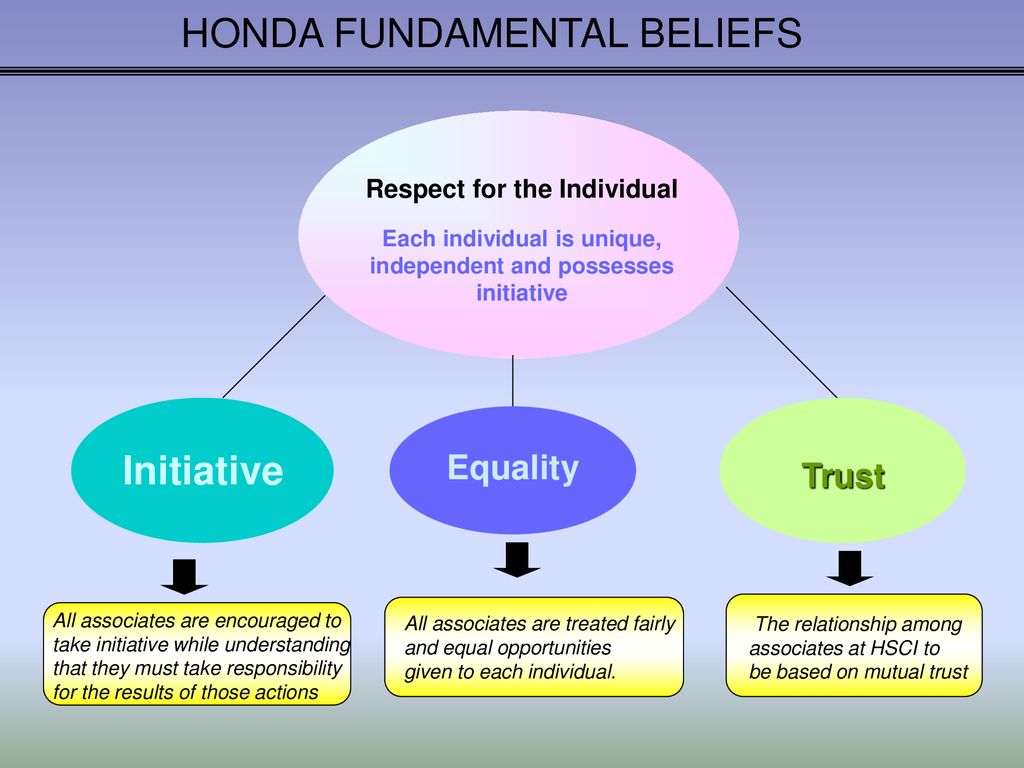 We ask a series of questions to get clients there: 1) What does your individual group create? In other words, what are your routine outputs? Who then needs or consumes those outputs? Those are your customers. So, for example, if you work in Finance and one of the things you routinely produce are budgets for division heads, then those division heads are one of your customer groups. For many of our clients, we help develop internal customer personas that they reflect on and revise every six months or so. These personas help our clients better understand their customers’ unmet and emerging needs.
We ask a series of questions to get clients there: 1) What does your individual group create? In other words, what are your routine outputs? Who then needs or consumes those outputs? Those are your customers. So, for example, if you work in Finance and one of the things you routinely produce are budgets for division heads, then those division heads are one of your customer groups. For many of our clients, we help develop internal customer personas that they reflect on and revise every six months or so. These personas help our clients better understand their customers’ unmet and emerging needs. - Next, classify those customers by their needs. Identify which customers or which circumstances want/need ticket-taking and which require and allow for greater strategic partnership. We recently worked with a marketing shared service and when we did this exercise, we ended up freeing up a ton of resources and alleviated enormous frustrations when we aligned everyone on the team that customer X just wanted a fast-food drive-thru (they order off a menu and get served quickly) and customer Y wanted a strategic thought partner.
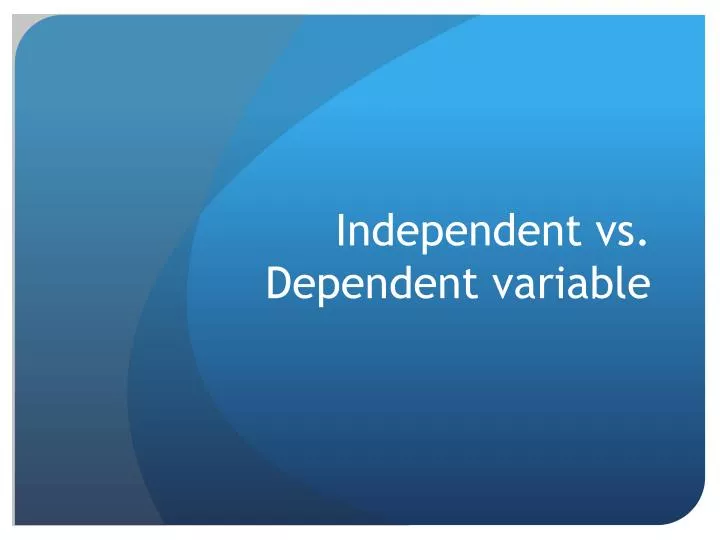 Knowing this allowed the team to use their resources more effectively and they stopped trying so hard to change customer X.
Knowing this allowed the team to use their resources more effectively and they stopped trying so hard to change customer X. - Then, simplify and automate all the routine tasks you can. Most people don’t love routine tasks, but it’s those tasks that keep businesses functioning day-to-day. If these tasks are consuming too much of your time to achieve mastery or autonomy, then you have to automate them. HR as a discipline has made huge strides in the last decade with more and more access to automated systems. We’d love to see more legal departments that had self-generated contracts, more IT departments with self-serve data dashboards, and more finance departments that had self-serve budget models. But the thing to remember is that the first goal of automation isn’t to reduce headcount, it’s to increase time and space for strategic partnership. A better division isn’t a leaner division, it’s a proactive and responsive one.
- Lastly, obsess over your shared values.
 If your division doesn’t share values with the rest of their organization, then all tasks will challenge your relatedness and autonomy. To function, values have to be more than platitudes. They must encode the choices and tradeoffs you are willing to make when things are difficult and resources are scarce. When we write values with clients, we actually phrase them as “_______ even at the cost of _______.” At NOBL, we have values like “One shared culture even at the cost of local cohesion and individuality.” And “Continuous improvement even at the cost of comfort and confidence.” As a team, weigh your incoming requests and your own actions against these values. If they don’t match, your sense of autonomy will suffer. When we don’t talk about our values with our partners, they can feel so far apart that the distance is unmanageable. But we’ve found with our clients, that just by talking about values teams immediately begin to coalesce around a shared set of choices.
If your division doesn’t share values with the rest of their organization, then all tasks will challenge your relatedness and autonomy. To function, values have to be more than platitudes. They must encode the choices and tradeoffs you are willing to make when things are difficult and resources are scarce. When we write values with clients, we actually phrase them as “_______ even at the cost of _______.” At NOBL, we have values like “One shared culture even at the cost of local cohesion and individuality.” And “Continuous improvement even at the cost of comfort and confidence.” As a team, weigh your incoming requests and your own actions against these values. If they don’t match, your sense of autonomy will suffer. When we don’t talk about our values with our partners, they can feel so far apart that the distance is unmanageable. But we’ve found with our clients, that just by talking about values teams immediately begin to coalesce around a shared set of choices.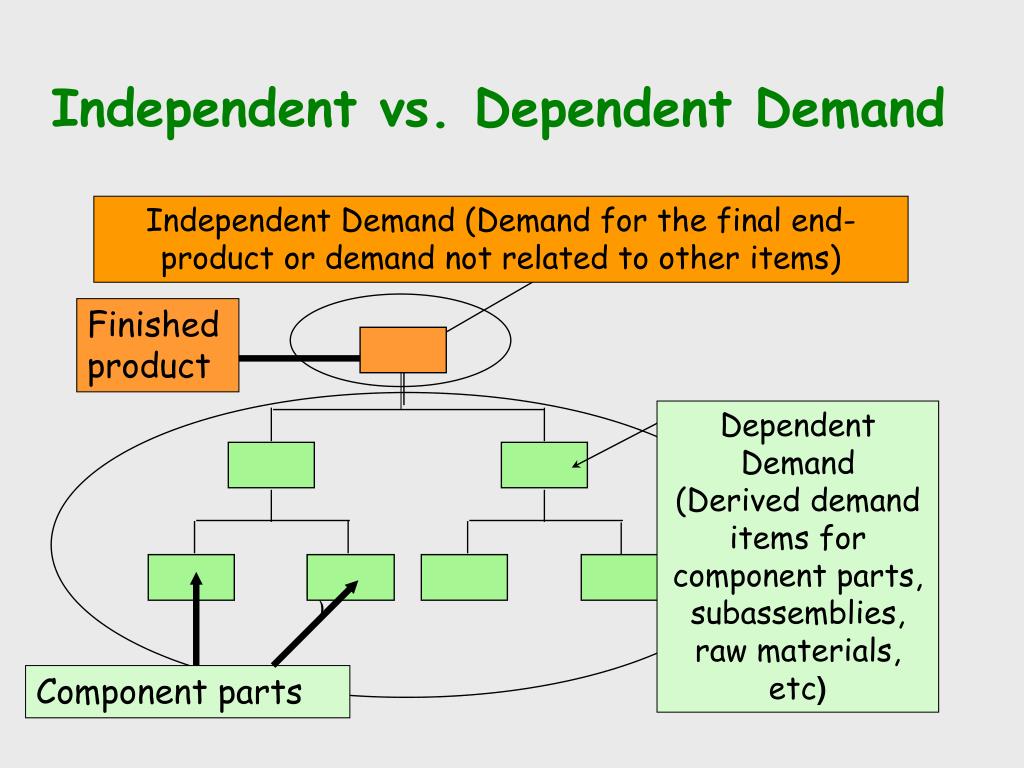 Having the conversation is the hardest part.
Having the conversation is the hardest part.
Published February 6, 2019
Share with friends
NOBL is seeking experienced changemakers to help us prove that change is possible. Learn more about our opportunities, our culture, and our aspirations.
House independent of external networks - autonomous house. Alternative energy sources.
Private house independent of external networks - autonomous house
Private house independent of external networks - autonomous house
Owners of private houses who strive for independence, who want to stop paying for electricity and heat and depend on ever-increasing government tariffs , or perhaps the owners of houses to which the necessary communications are not connected, one way or another come to alternative energy. In this article, we will look at whether it is possible to completely abandon external networks and what needs to be done for this.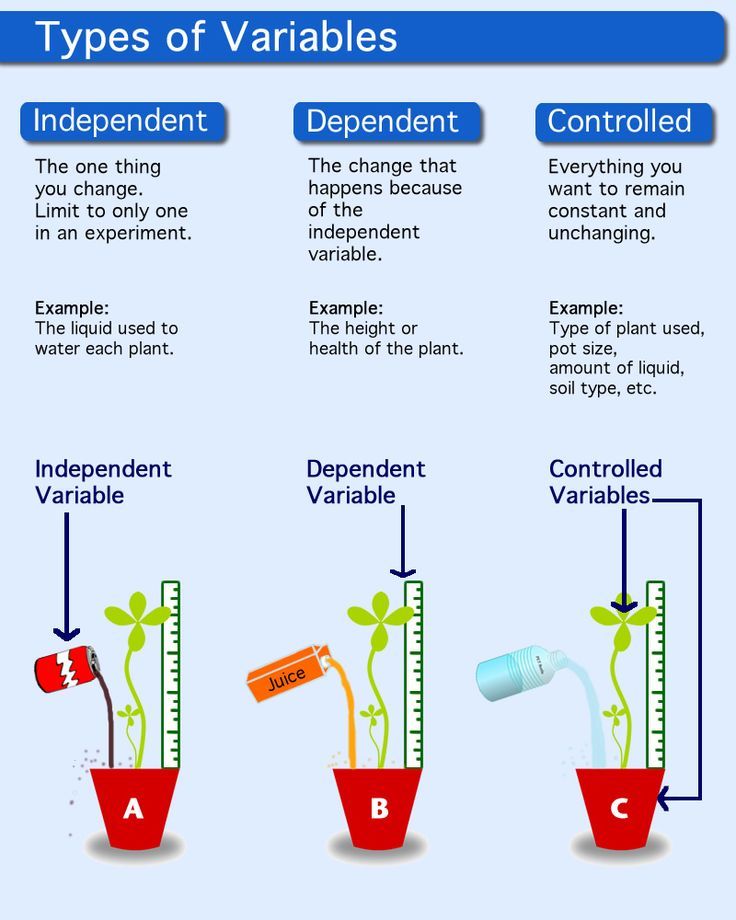
When solving the problem of heat and power supply of a private house, the only criterion for choosing one or another energy source is economic feasibility. Today, there are a huge variety of different types of fuel, options for obtaining electrical and thermal energy, and how to choose the most optimal option from this variety is the main task we are dealing with.
This task first of all needs to be correctly identified and the requirements very clearly defined. Only then can you choose the most profitable and efficient home energy system.
What does it mean to define requirements?
The first step is to determine the power to be provided:
1) Electricity - how much electricity is expected to be consumed and what will be the maximum power of the equipment to be switched on.
2) Heat energy - how much heat will be needed to provide the house with hot water and heating
Having determined these 2 factors, we can start planning house power system is the starting point.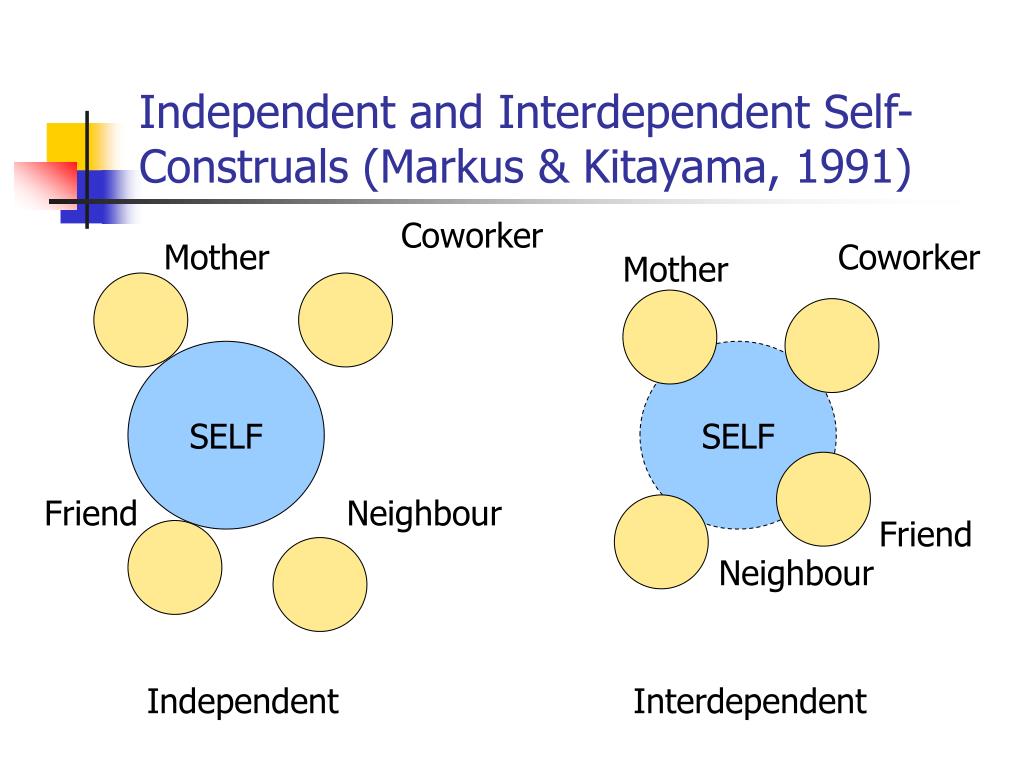
Autonomous electricity can be obtained in the following ways: solar panels, wind turbines, gasoline and diesel generators, etc. There are more exotic methods, such as geotreme stations, but due to their uniqueness, we will not dwell on them.
It is advisable to use wind generators if the house is located in a very windy place - near the sea, for example, since a sufficiently strong wind is needed to start and work. In other cases, it is reasonable to use solar panels. There are regions where there are many sunny days a year - these are the southern regions. In these regions, even a small number of solar modules can effectively provide electricity to the house. What about the central and northern regions, where there is no sun for more than half of the year? Of course, even with heavy cloud cover, solar modules will generate electricity, but in order to generate the same amount of electricity in the winter month as in the summer, several times more panels will be needed, therefore, if possible, it is advisable to use a hybrid system - solar modules and gasoline (diesel, gas) generator. In this case, the main generation will be from the sun, and in the event of a long absence of the sun, you can connect the generator and fully charge the batteries in a few hours.
In this case, the main generation will be from the sun, and in the event of a long absence of the sun, you can connect the generator and fully charge the batteries in a few hours.
In this case, a large number of solar modules is not required and significant savings can be made on the power supply system.
There are generators that can turn on automatically when the charge on the batteries drops, so this will not cause any particular inconvenience.
How to solve the second question - heat supply ?
It is possible to use electricity to heat water, but this heat can be too expensive. Even the simplest boilers can consume several kilowatts of power.
To solve this problem, there are solar collectors. They come in various types - flat, tubular, with pressure, without pressure, but the basic principle is to heat the coolant and further transfer heat to the tank. In the tank, the water is heated by the coolant and can be used, among other things, for heating.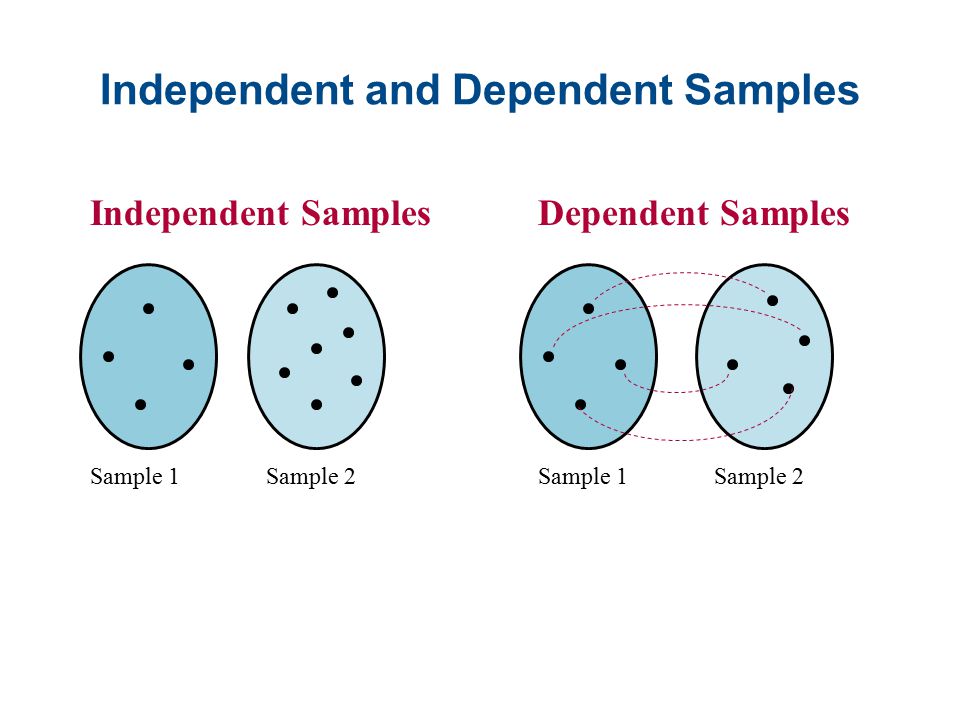 Naturally, the coolant does not heat up at night, but if the main heating is carried out during the day, then maintaining the temperature using electricity will no longer be energy-consuming.
Naturally, the coolant does not heat up at night, but if the main heating is carried out during the day, then maintaining the temperature using electricity will no longer be energy-consuming.
This way you can solve the problem of heat supply.
So, if you want not to depend on external systems, then pay attention to various options for alternative energy, you do not need to concentrate on only one type.
If you approach the solution of the problem in a complex way, you can use any energy source as efficiently as possible. For example, in many cases, high-quality insulation of a house along external walls can reduce energy consumption, and significantly reduce the cost of energy sources.
We hope this article will give you a general understanding of the principles of choosing certain energy sources.
NormaCS ~ Experts' answers ~ Can a diesel generator be an independent power source to ensure operation on the 2nd category of power supply?
NormaCS ~ Experts' answers ~ Can a diesel generator be an independent power source to ensure operation on the 2nd category of power supply?Expert responses
- Electrical engineering
- Building materials and construction
- Environment.
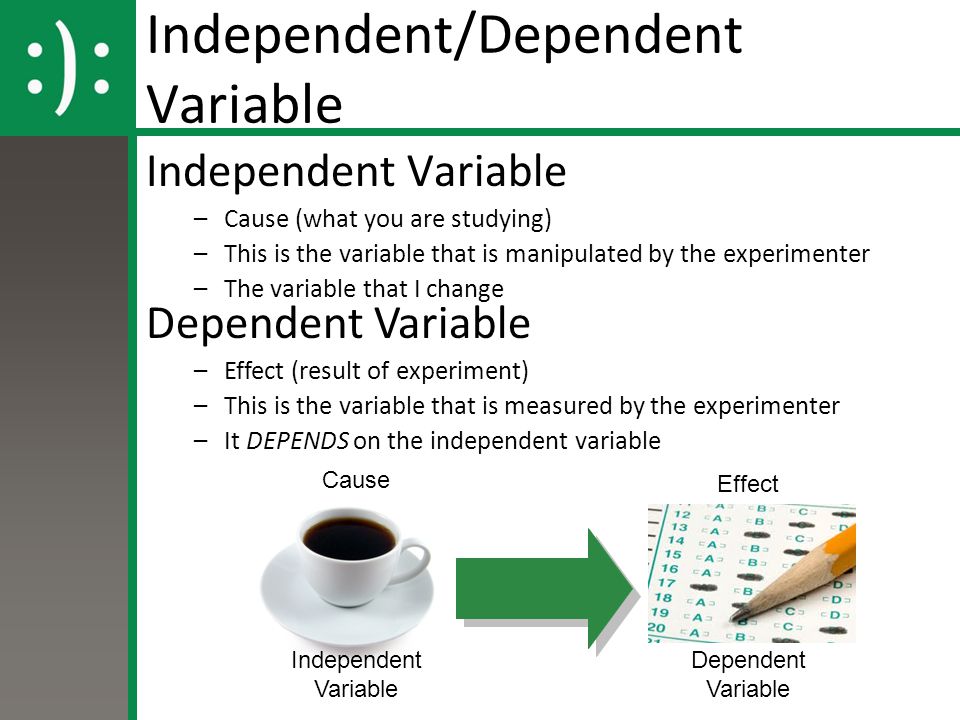 Protecting a person from environmental influences. Security
Protecting a person from environmental influences. Security - Services. Organization of firms and their management. Administration. Transport. Sociology
- PromExpert Section V. Environmental protection. Nature management
Can a diesel generator be an independent power source to ensure operation on the 2nd category of power supply?
September 1, 2017 at 10:00 am 7
According to the PUE clause 1.2.10. "Independent power source - a power source that maintains voltage in the post-accident mode within the regulated limits when it disappears on another or other power sources."
Can a diesel generator be an independent source of power to ensure operation on the 2nd category of power supply? The experts insist on the constant operation of the generator, but this may lead to economic consequences.
Answer
Nanosoft JSC
Regulatory sources used
- PUE. Rules for the installation of electrical installations
- Regulation 861 and the Rules for the technological connection of power receivers of consumers of electrical energy, facilities for the production of electrical energy, as well as electric grid facilities owned by grid organizations and other persons, to electric networks
- Decree 1521
- List of documents in the field of standardization, as a result of which, on a voluntary basis, compliance with the requirements of the Federal Law 'Technical Regulations on the Safety of Buildings and Structures' is ensured
- Letter 31617-OG/08.
